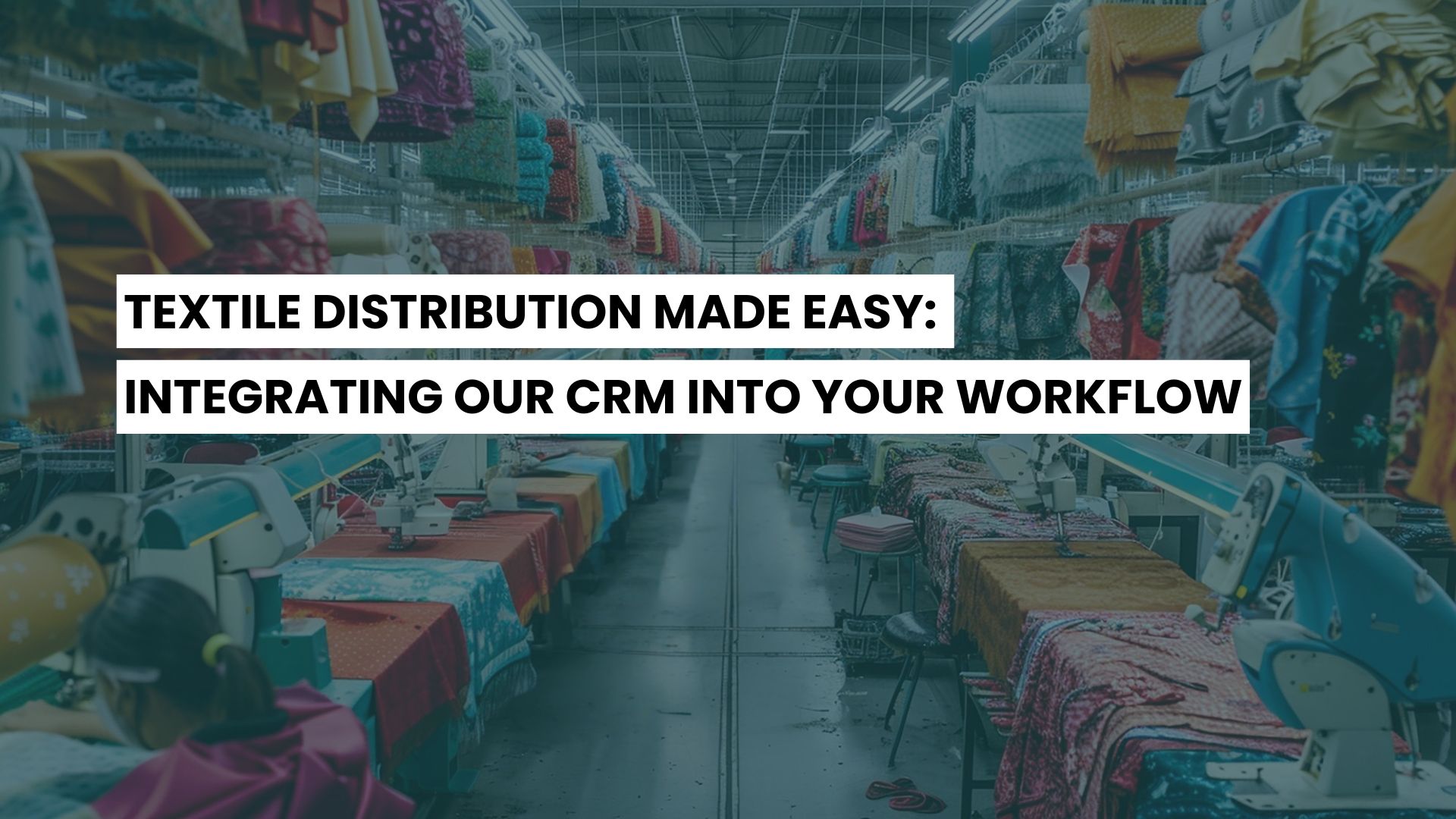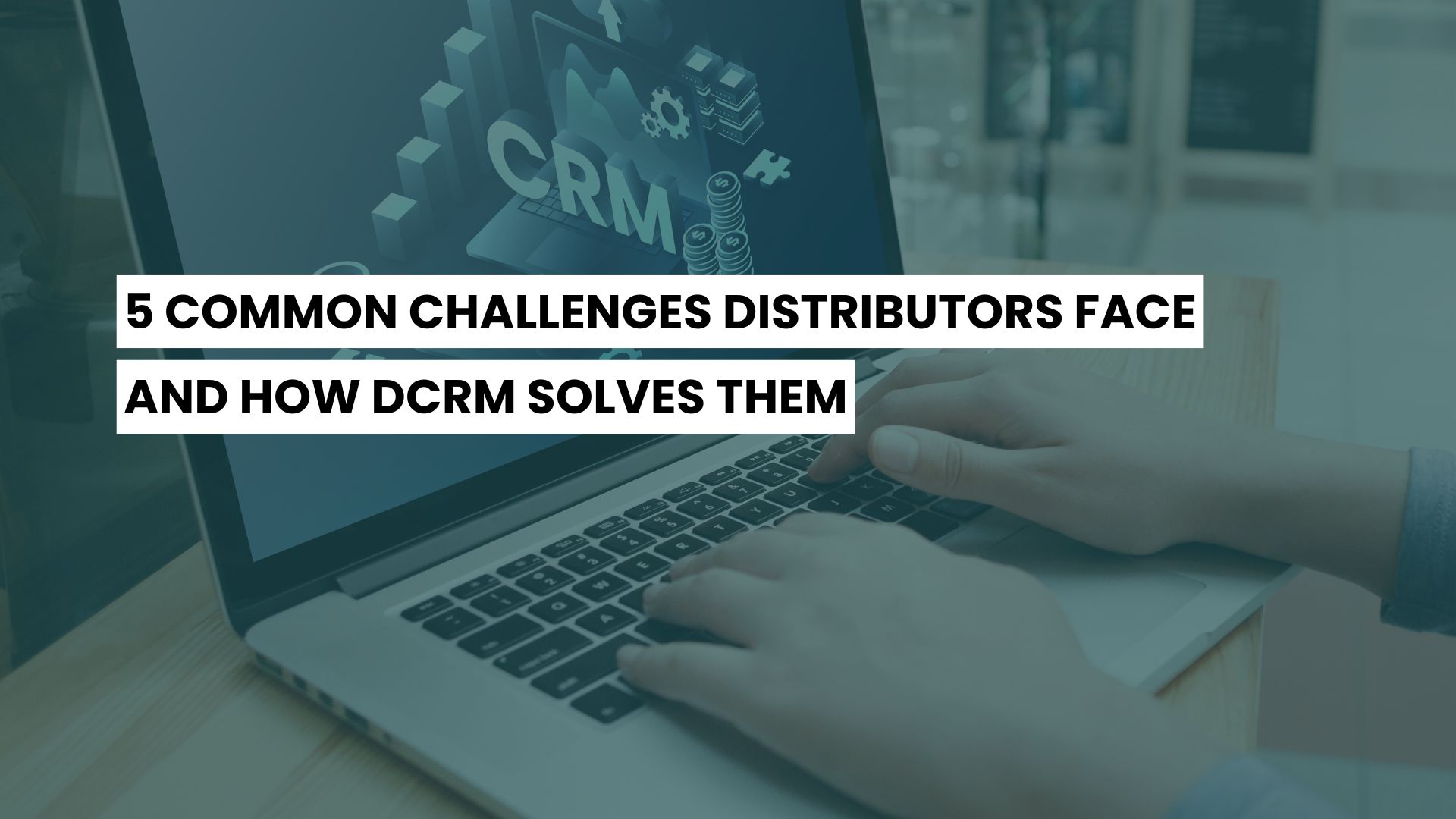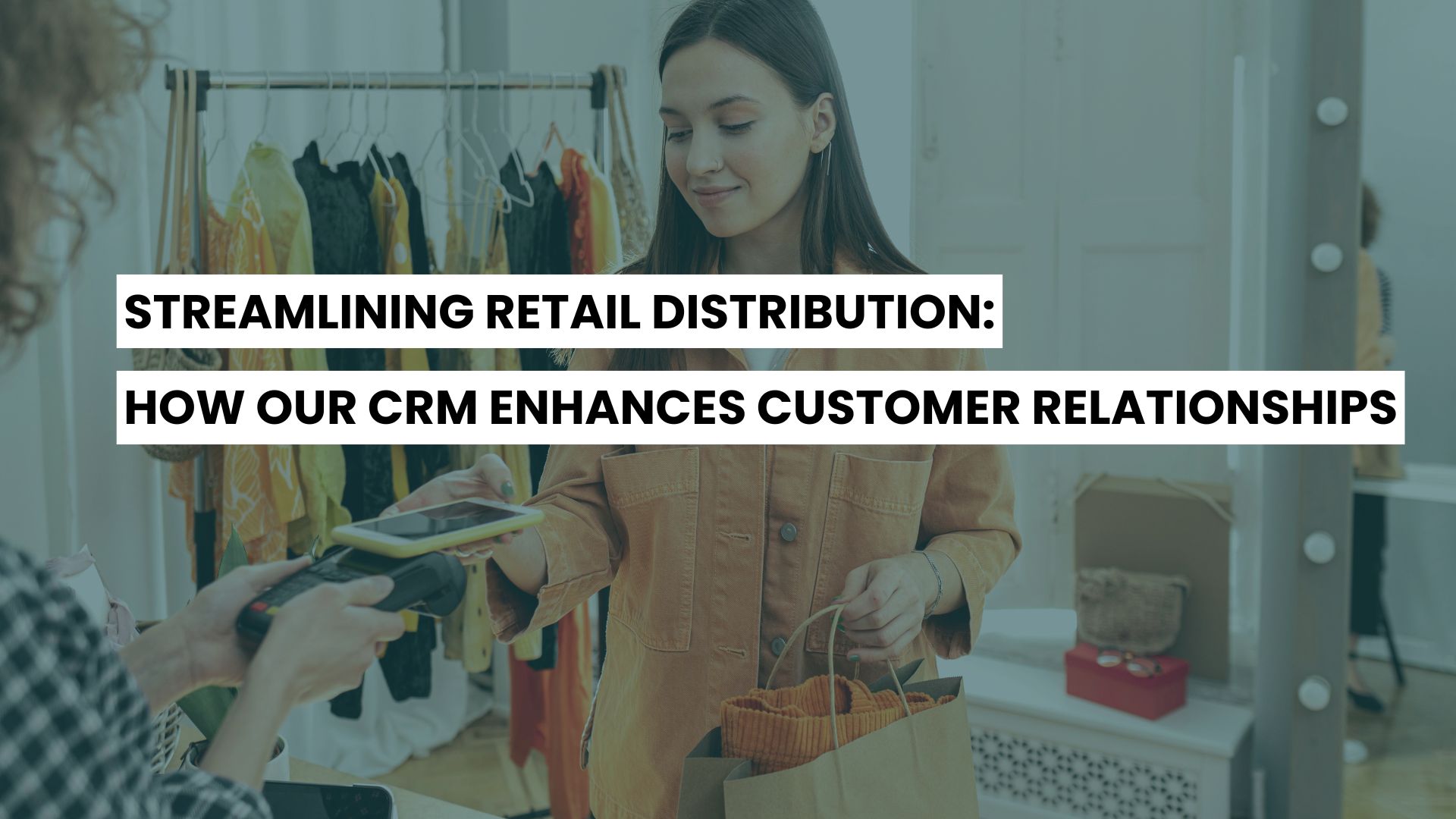Introduction: Understanding the Need for a Distributor CRM
In today’s fast-paced world of business, distributors face many challenges. They need to manage relationships with suppliers, keep track of inventory, and ensure timely deliveries to customers. With so much to juggle, it’s easy for things to slip through the cracks. That’s where a Distributor Customer Relationship Management (CRM) system comes in handy. It helps distributors streamline their operations, improve communication, and ultimately, boost sales.
What is a Distributor CRM?
Before diving into the signs that indicate it’s time for a Distributor CRM, let’s first understand what it is. A Distributor CRM is a software solution designed specifically for distributors to manage their interactions with customers, suppliers, and prospects. It centralized customer data, tracks interactions, and provides valuable insights to improve business processes.
Benefits of a Distributor CRM
Implementing a Distributor CRM offers a range of benefits, including:
- Improved Customer Relationships: By having all customer information in one place, distributors can provide better service and personalized experiences.
- Enhanced Communication: With features like email automation and reminders, distributors can stay in touch with customers and suppliers more effectively.
- Increased Efficiency: Streamlining processes and automating repetitive tasks frees up time for distributors to focus on strategic initiatives.
- Better Decision-Making: Access to real-time data and analytics enables distributors to make informed decisions that drive growth.
Signs it’s Time for a Distributor CRM
Now that we understand the importance of a Distributor CRM, let’s explore three signs that indicate it’s time to invest in one:
1. Growing Customer Base
As a distributor’s customer base grows, so do the complexities of managing those relationships. What started as a manageable list of contacts can quickly become overwhelming without the right tools in place. Signs that your customer base is outgrowing your current system include:
- Difficulty Keeping Track: If you find yourself struggling to remember details about individual customers or constantly searching for information, it’s a clear sign that you need a more organised approach.
- Missed Opportunities: Without a centralised system for tracking interactions, you may be missing out on opportunities to upsell or cross-sell to existing customers.
- Inconsistent Communication: Inconsistent communication can lead to misunderstandings and missed deadlines, ultimately damaging customer relationships.
2. Manual Processes Are Slowing You Down
Another sign that it’s time for a Distributor CRM is when manual processes start to hinder productivity. While spreadsheets and email chains may suffice in the early stages, they quickly become inefficient as your business grows. Signs that manual processes are holding you back include:
- Data Entry Errors: Manual data entry is prone to errors, which can lead to costly mistakes and tarnished reputations.
- Duplication of Effort: Spending excessive time on administrative tasks takes away from more valuable activities, such as nurturing leads and closing deals.
- Limited Visibility: Without a centralized system, it’s challenging to get a comprehensive view of your business operations, making it difficult to identify areas for improvement.
3. Lack of Insights for Decision-Making
Lastly, if you find yourself making decisions based on gut feelings rather than data-driven insights, it’s a clear sign that you need a Distributor CRM. In today’s competitive landscape, data is king, and without access to accurate and up-to-date information, you risk falling behind. Signs that you lack insights for decision-making include:
- Difficulty Identifying Trends: Without proper analytics tools, it’s challenging to identify trends or patterns in your sales data, making it difficult to capitalize on opportunities or mitigate risks.
- Reactive Rather Than Proactive: Instead of being proactive and anticipating customer needs, you find yourself constantly reacting to issues as they arise.
- Missed Revenue Opportunities: Without a clear understanding of your sales pipeline and customer preferences, you may be leaving money on the table.
Conclusion: Embracing the Power of a Distributor CRM
In conclusion, a Distributor CRM is a valuable tool for streamlining operations, improving communication, and driving growth. By recognizing the signs that indicate it’s time for a Distributor CRM and taking action, distributors can stay ahead of the competition and build stronger relationships with customers and suppliers. So, if you’re struggling to keep up with a growing customer base, bogged down by manual processes, or lacking insights for decision-making, it’s time to invest in a Distributor CRM and unlock your full potential.




